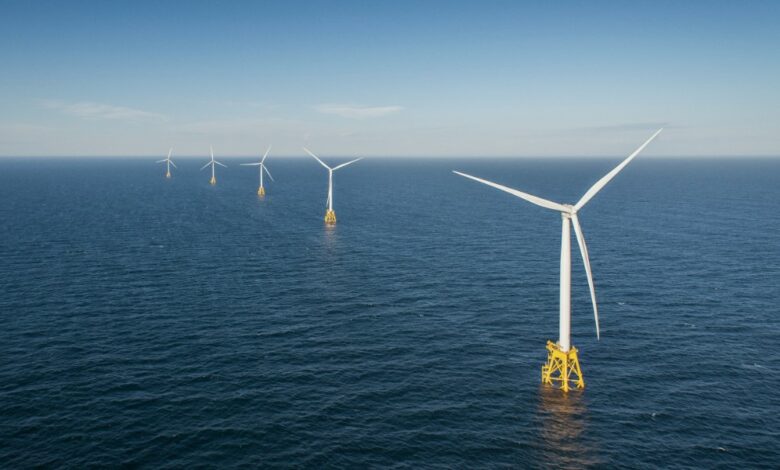New York says no to renegotiating offshore wind power purchase deals

The New York State Public Service Commission has denied petitions filed by a group of offshore wind developers seeking billions of dollars in additional funding from consumers for four proposed offshore wind projects.
The petitions were submitted by Empire Offshore Wind, Beacon Wind, and Sunrise Wind. In addition to the offshore wind projects, a state renewable energy trade association also wanted additional funding for 86 land-based renewable projects.
The petitions were seeking an adjustment to Renewable Energy Credit (REC) and Offshore Wind REC (OREC) power purchase agreements (PPAs) entered with the New York State Energy Research and Development Authority to address recent inflationary pressures that are impacting project economics.
The petitions generally stated that the effects of the COVID-19 pandemic have exposed the projects to unprecedented global and regional supply chain bottlenecks, high inflation, and increases in the cost of capital, driven by rising interest rates.
Further, the petitions identified impacts associated with the war in Ukraine, including increased demand for renewable energy and resulting shortages and price increases for key components and equipment.
The Commission denied financial relief stating that it wanted to preserve the competitive bidding process that provided critically needed renewable energy resources to New York “in the fairest and most cost-effective manner that protects consumers” and that the amendments sought by the developers were not “in the best interest of the State’s ratepayers.”
“On a monthly bill basis, granting the request to amend the executed contracts outside the competitive procurement process would have resulted in as high as 6.7% increases for residential customers and as high as 10.5% for commercial or industrial customers on monthly bills depending on service territory and the level of relief provided — above what was already committed,” the Commission explained.
The Commission added that the decision reaffirms that competitive procurement was the best, most efficient way to help New York reach its goal of having at least 70% of its electric load served by renewable energy by 2030, development of 9,000 MW of offshore wind energy by 2035 and meeting statewide demand with zero emissions resources by 2040.
Ørsted already put out a statement claiming that the rejection of the petition has put the development of the 924 MW Sunrise Wind project at risk. The Danish developer said it was reviewing the decision and that the project’s viability was extremely challenged without additional funding.
“The timely development of Sunrise Wind is critical to meeting the state’s 2030 clean energy targets. We will evaluate our next steps and communicate the status of the project as soon as possible as our joint venture and board consider the best options going forward in light of this decision,” Ørsted group executive vice president and chief executive for the Americas David Hardy said.

My son is in the union and out on a ship in the sound putting up wind towers as I write this. There have been a multiplicity of major shifts in the expense calculations of the investors/builders/risk takers from when the initial proposals were tendered. I, as a reasonable state authority, would not expect anyone to proceed with an enormous investment such as this if they couldn’t be certain of recouping their investment and receiving a reasonable return to their cost of capital. I do feel that given the intransigence of the NY state authorities, the multiple expense rises now baked in and future return uncertainty that it might well be intelligent for the investors/builders to walk away from an existing & increasing loss. If the pregnant mother, during any, any growth phase of the baby, cannot supply the required nutrients at that crucial moment (and all growth phases and associated nutrients are crucial during a baby’s growth, but you know that, right? ) the baby dies or is horrifically deformed and dies later with substantial associated increased societal costs. These guys are right in the middle, boats on the water putting up towers, of building this infant’s infrastructure skeleton, right now, as we speak and it’s really expensive normally, but with all the delays & expense increases from when the original deal was struck, they’re bleeding badly and they can see they’re going to bleed out and they’ll stop the bleeding to survive. And NY State will be left with a dead, non functioning, incomplete infrastructure skeleton. And no other company will want to deal with the deadly combination of risk, uncertainty and a hostile destructive partner. So watch as NY State snatches defeat from the jaws of victory due to refusing their partner’s , who is doing all the financing and construction, reasonable request.